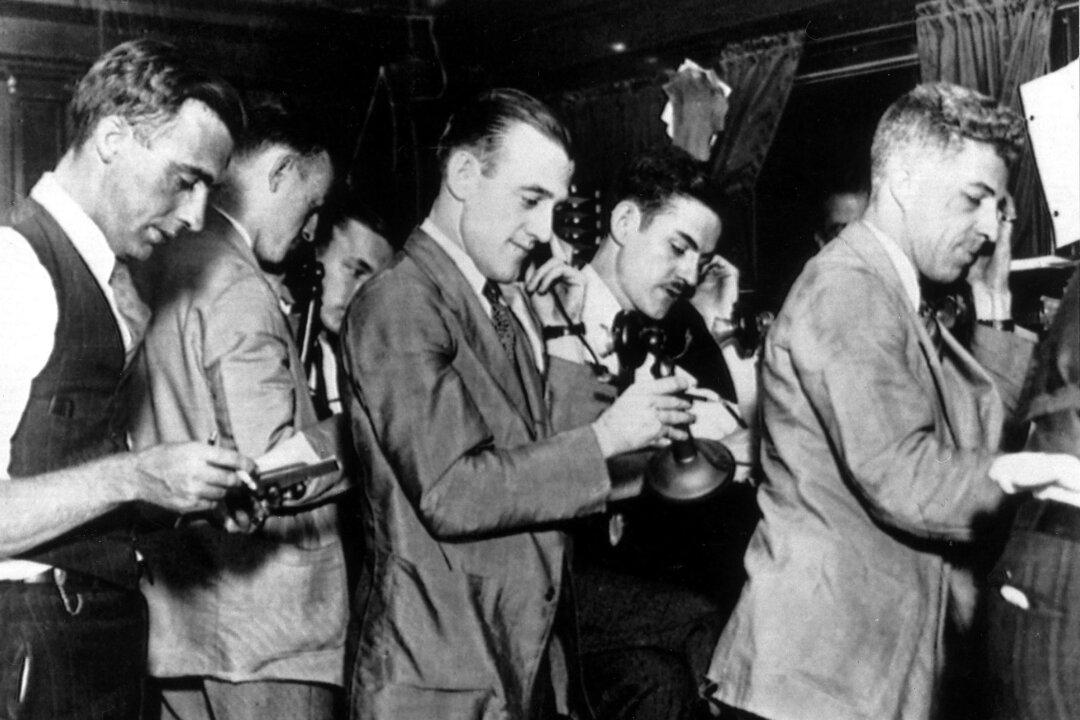Commentary
The U.S. constitutional system of checks and balances, designed to stop any individual or institution from accumulating excessive power, has been compromised. Over time, Congress has delegated significant authority to the executive branch, including the power to appoint agency heads, execute policy-directing executive orders, act unilaterally on diplomatic and military matters, control the federal bureaucracy, and exert broad authority over trade relations.

